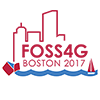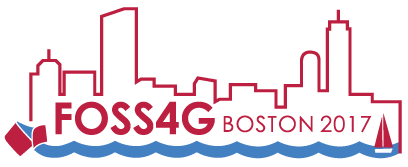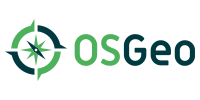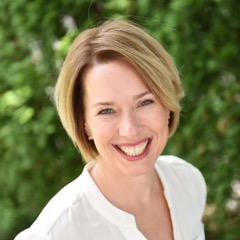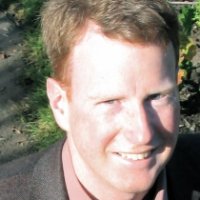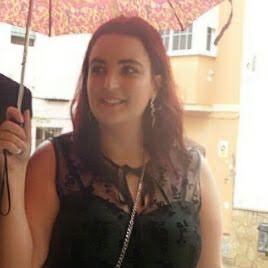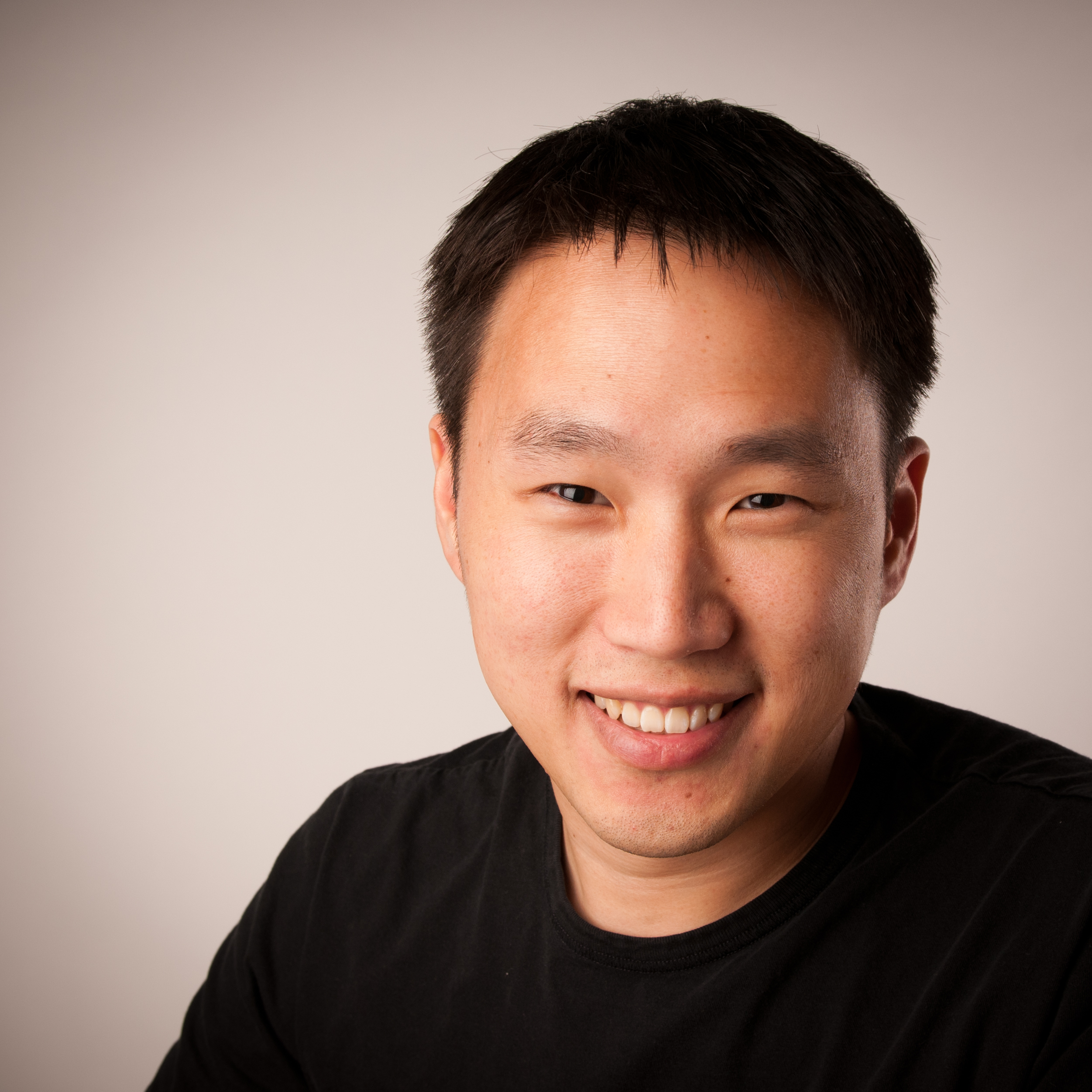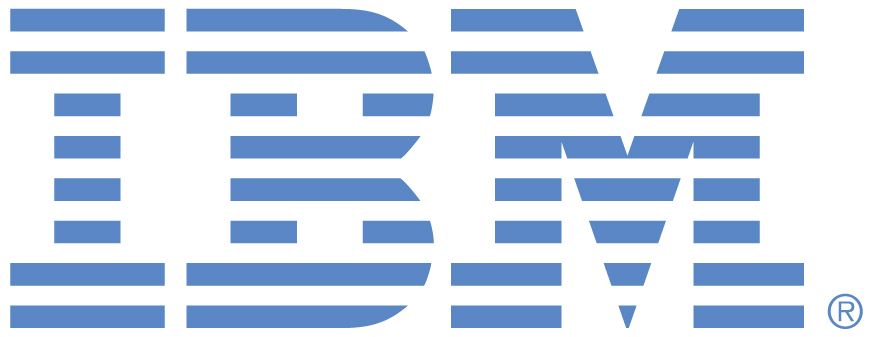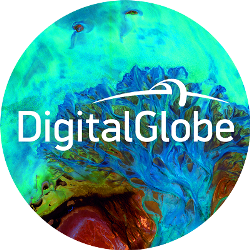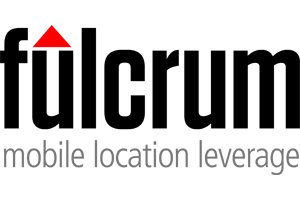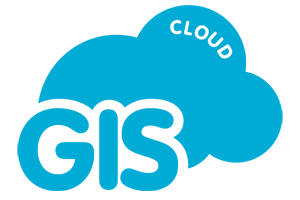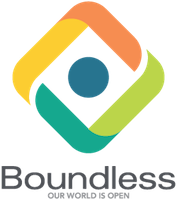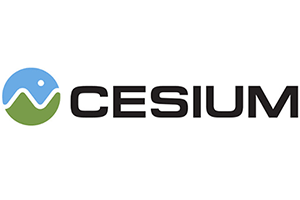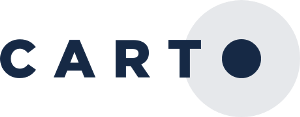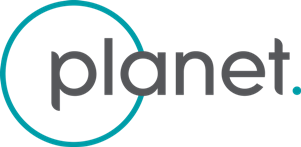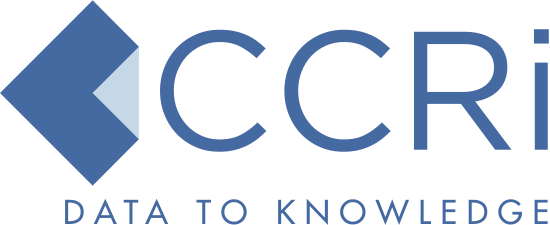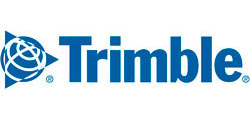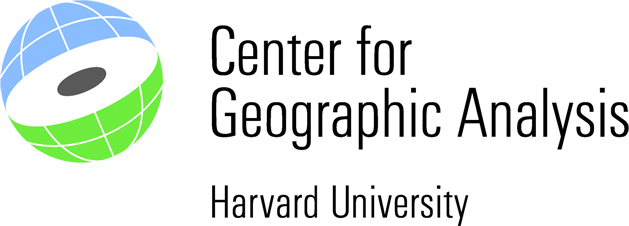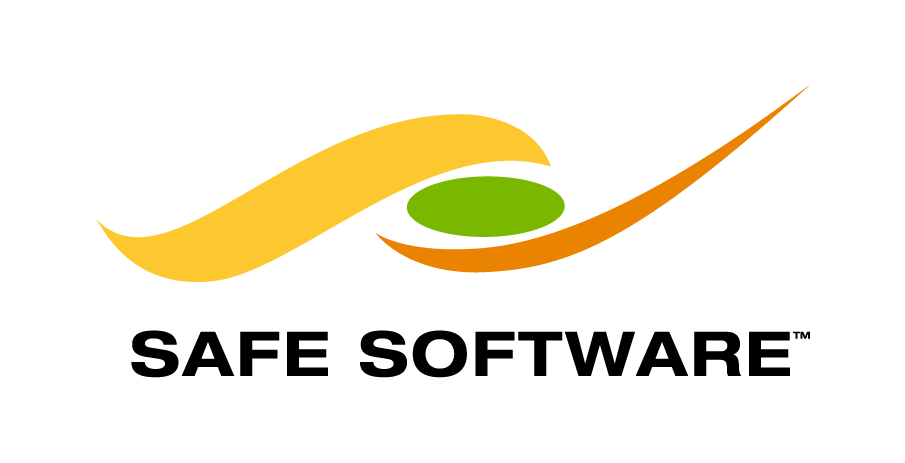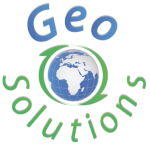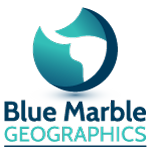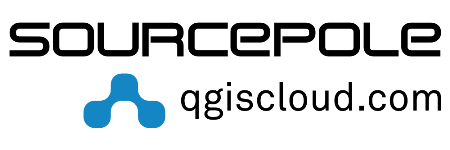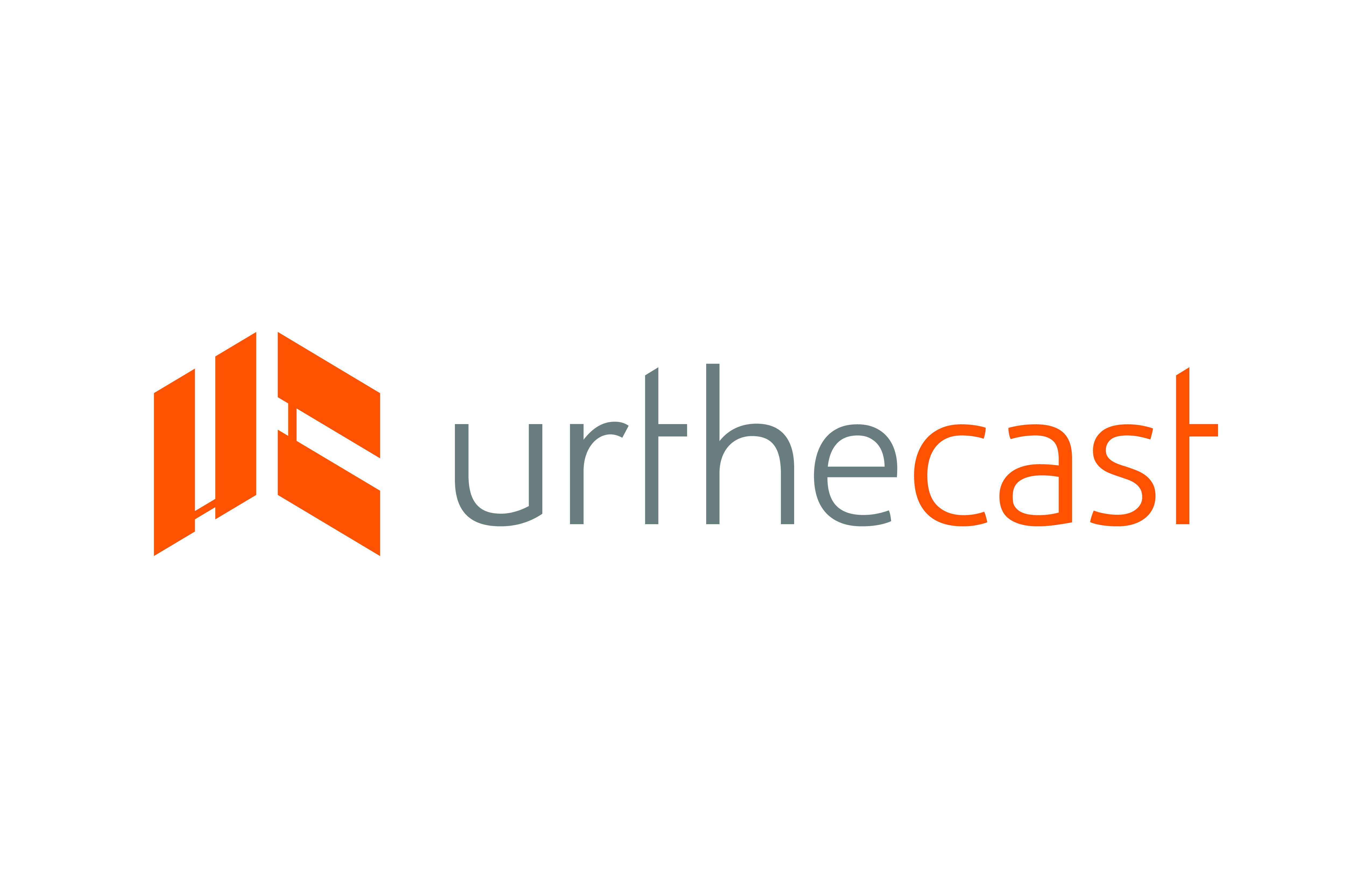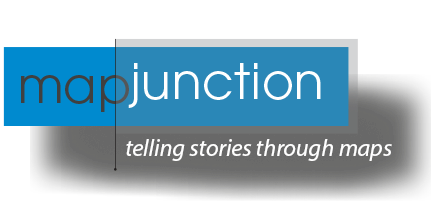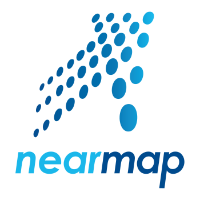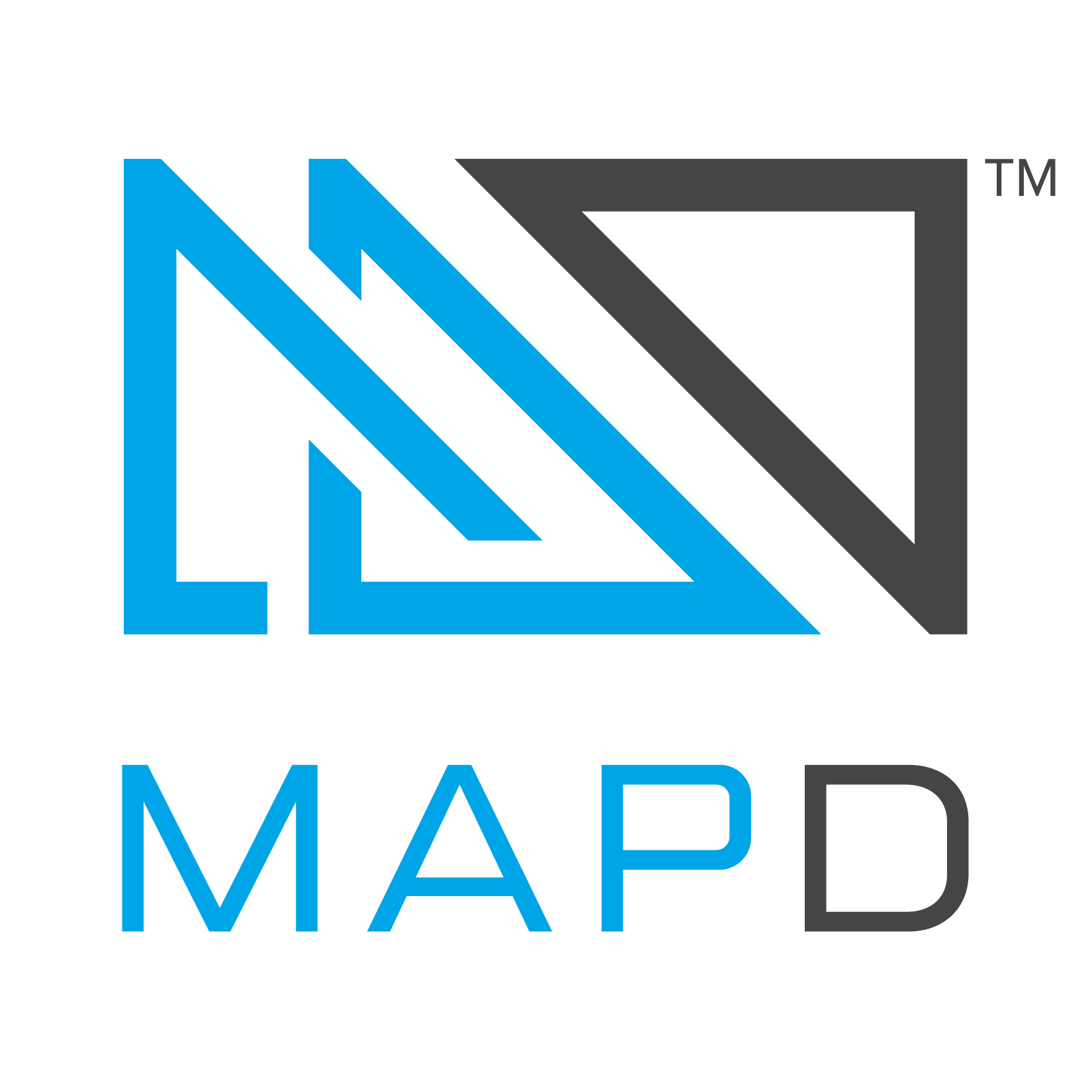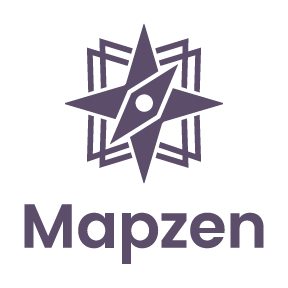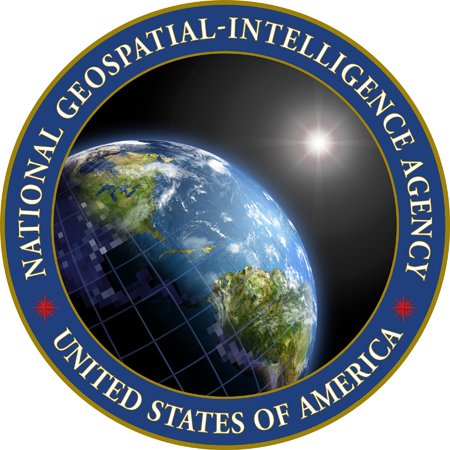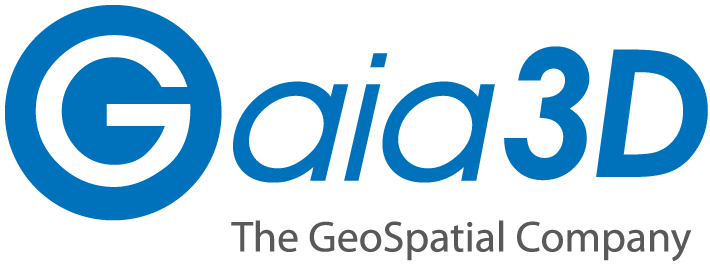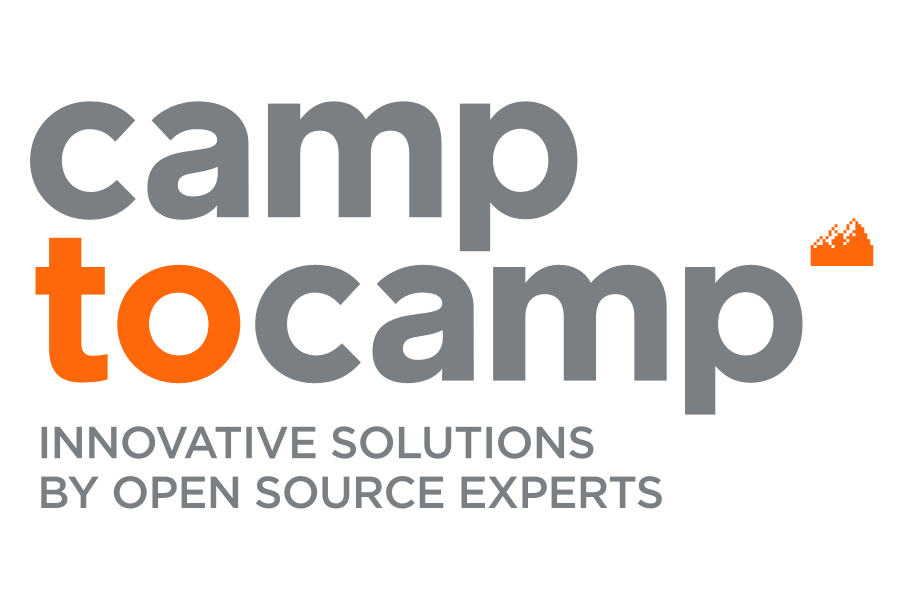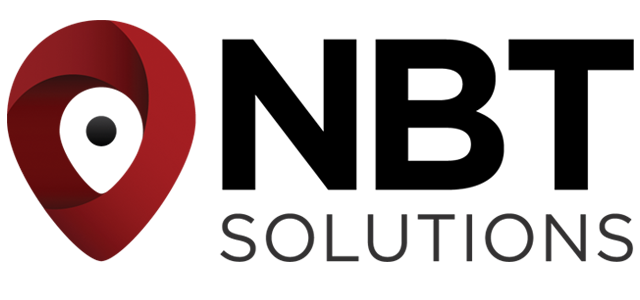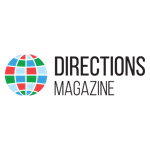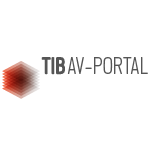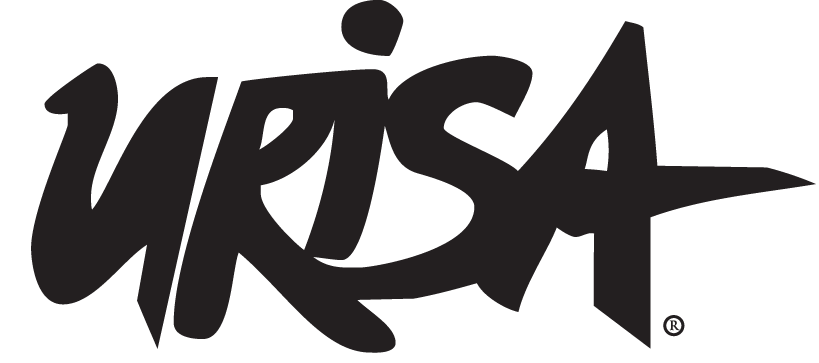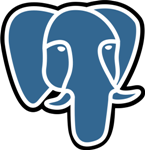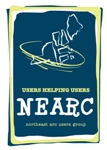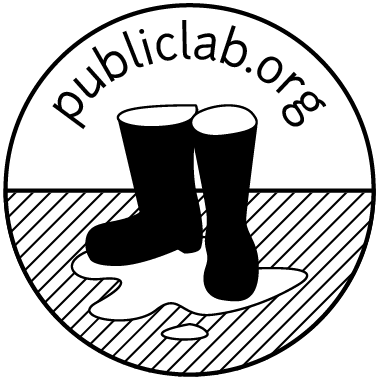Venue
Located in Boston's Seaport Innovation District, the Seaport Hotel & World Trade Center overlooks the Boston Harbor and is central to many attractions.
Program
With a robust schedule of keynote speakers, paper sessions, and talks, this event has great opportunities for learning and networking.
Workshops
Two days of conference workshops will be held prior to the main conference at Harvard University with hands on sessions for both new and experienced users.
Social Events
Many evening events are planned, including a Icebreaker at Harpoon Brewery, a Social at the Seaport Hotel, and a Gala at the New England Aquarium.
The Mayor of Boston welcomes FOSS4G
We are excited to welcome you to Boston!
Participate
Want to get involved? This conference is powered by the community, your involvement makes the event thrive.
Join the Announcement List
This list will be a low traffic list that will include updates, reminders, and a newsletter from the LOC.
Join the FOSS4G 2017 Announcement List
Miss any of our newsletters? Check out the archive
Join the Discussion List
This list is to facilitate a conversation between the LOC and the larger community. The traffic on this list will vary depending on the current topic or project that the community is focused on.
Join the FOSS4G 2017 Discussion List
Sponsorship Opportunities
This event is an amazing opportunity to play a vital role in the community around free and open source geospatial technology. To find out more please visit the sponsorship page.
Share the Word
Come by the website and see what is new. Share that with your friends.
Follow on Twitter
Like on Facebook
FOSS4G Boston 2017 Location(s) Map
Open the menu on the left for more details
Create Your Own Map
Want a different way to view the venues of FOSS4G 2017 and the Boston area? Want an alternative to Google Maps? Download the KML of FOSS4G 2017 activity venues and suggested travel routes here: foss4g_locations.kml
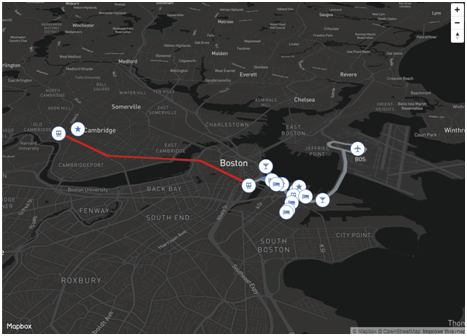
Alternative Map #1
from @vtcraghead
Keynote Speakers
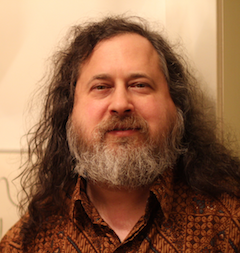
Courtesy of Blake Livingston / CC-BY-SA
Dr. Richard Stallman
Founder and President
Free Software Foundation
Richard Stallman
Free Software: Freedom, Privacy, Sovereignty
The Free Software Movement campaigns for computer users' freedom to cooperate and control their own computing. The Free Software Movement developed the GNU operating system,
typically used together with the kernel Linux, specifically to make these freedoms possible. Since proprietary software often sends reports on its users' activity, avoiding proprietary software is an essential part of recovering practical privacy.
For state agencies, avoiding proprietary software is crucial for recovering the country's computational sovereignty.
Dr. Richard Stallman launched the free software movement in 1983 and started the development of the GNU operating system (see www.gnu.org) in 1984. GNU is free software: everyone has the freedom to copy it and redistribute it, with or without changes. The GNU/Linux system, basically the GNU operating system with Linux added, is used on tens of millions of computers today. Stallman has received the ACM Grace Hopper Award and the ACM Software and Systems Award, a MacArthur Foundation fellowship, the Electronic Frontier Foundation's Pioneer Award, and the the Takeda Award for Social/Economic Betterment, as well as several doctorates honoris causa, and has been inducted into the Internet Hall of Fame.
María Arias de Reyna
Spatial Data Infrastructures for everyone
Transfer protocol standards and data format standards are being put to work by many governments daily because these standards make data sharing easy. At the same time many data
producers and users outside the government are using “wild open data formats” that do not follow any strict rules. These formats sometimes become the ”de facto” standard and evolve in parallel across the globe, making each one a new flavor of
the original. How do we deal with this? Is there a way to have a spatial data infrastructure(SDI) that can reach all use cases and not fail in the attempt?
María Arias de Reyna, a Software Engineer at GeoCat, is one of the core developers of GeoNetwork, a free and open source catalog to manage spatially referenced resources under the OSGeo umbrella. María has been working with geospatial software for almost a decade: from fleet management to routing platforms and now metadata. She is a free (as in freedom) and open software evangelist and a very active member within several developer communities.
Holly St. Clair
Integrating Data in Digital Services for State Government
Ensuring that constituents have access to their data is essential to effective government. The line between GIS professionals and data scientists is starting to get blurry - how do we utilize the best of both realms to make every interaction with Massachusetts government simpler, faster, more meaningful, and wicked awesome?
Holly St. Clair is the Chief Digital Officer of the Commonwealth of Massachusetts and leads its Digital Services office, where she currently manages the reimagining and overhaul of the State’s website. The Digital Services’ office’s mission is to leverage the best technology and information to ensure every interaction with our government is faster, easier, more meaningful, and wicked awesome. Ms. St. Clair has a proven history of using data and technology in innovate ways that help people and their government interact to achieve better outcomes. She initially joined the Commonwealth to create Massachusetts’s first Data Office. Prior to joining the Commonwealth, Ms. St. Clair served as the Director of Data Services at the Boston-region Metropolitan Area Planning Council, overseeing the agency’s activities in the fields of data management, data analysis, research, and public access to data. Ms. St. Clair pioneered the use of advanced decision support tools in metropolitan Boston, managing a variety of projects that use scenarios modeling, 3-D environments, community indicators, and innovative meeting formats to engage stakeholders in dialogue about policy choices.
Paul Ramsey
Why We Code
The economics of open source seem as dire as ever, and yet the communities continue to churn out new software of all kinds, in all categories. There seems to be a disconnect. Can we square the self-interest
of users with the self-interest of developers to keep the ecosystem alive in the long term?
Paul Ramsey is a Solutions Engineer at Carto. He has been working with geospatial software for over 15 years: consulting to government and industry; building a geospatial software company; and programming on open source software. He co-founded the PostGIS spatial database project in 2001, and is currently an active developer and member of the project steering committee. In 2008, Paul received the Sol Katz Award for achievement in open source geospatial software. Paul speaks and teaches regularly at conferences around the world.
Joe Cheng
Coding as a first resort
Modern geospatial software is generally a point-and-click affair. Python and other languages can be used to extend programs or automate batch processes, but by and large, spatial analysis tasks
are performed using desktop GUI tools. In this talk I'll espouse a different workflow, where the tasks of importing, analyzing, visualizing, and reporting with geospatial data all begin and end with writing code. In this worldview, the primary
artifact of any data analysis task is not the resulting output, but the source code. Along the way, I'll also demonstrate some of the geospatial capabilities of the R programming language, with a particular emphasis on interactive visualization
and reporting.
Joe Cheng is the CTO of RStudio, which he joined as the company's first employee in 2009. RStudio's mission is to build world-class tools and packages for R, a programming language with a strong tilt towards statistics, data analysis, and visualization. Joe is the author of several R packages, including the Shiny web application framework, the httpuv web server, and a Leaflet binding for R.
